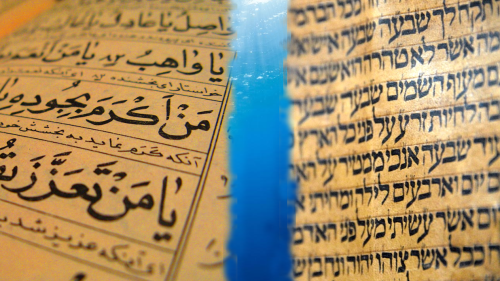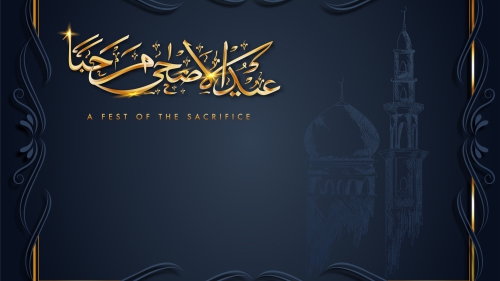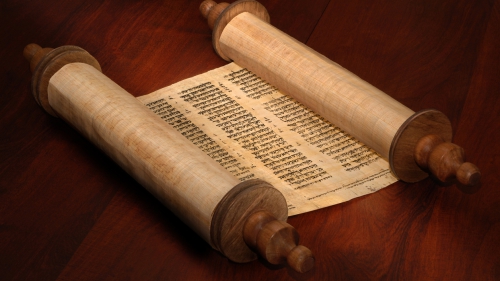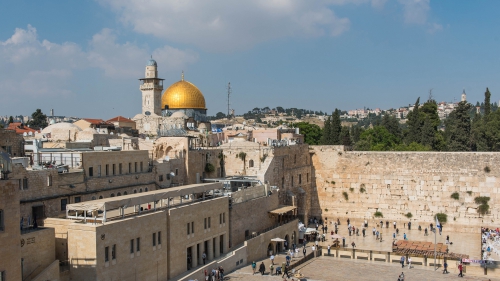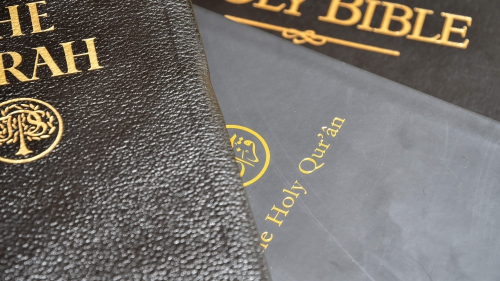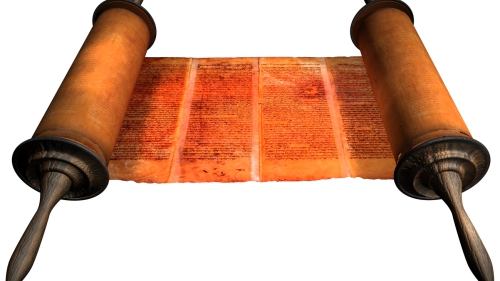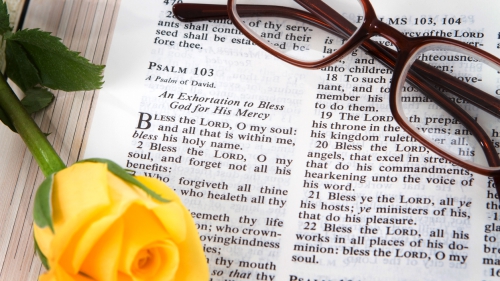Anti-Muslim Activity and a Tenth Plague
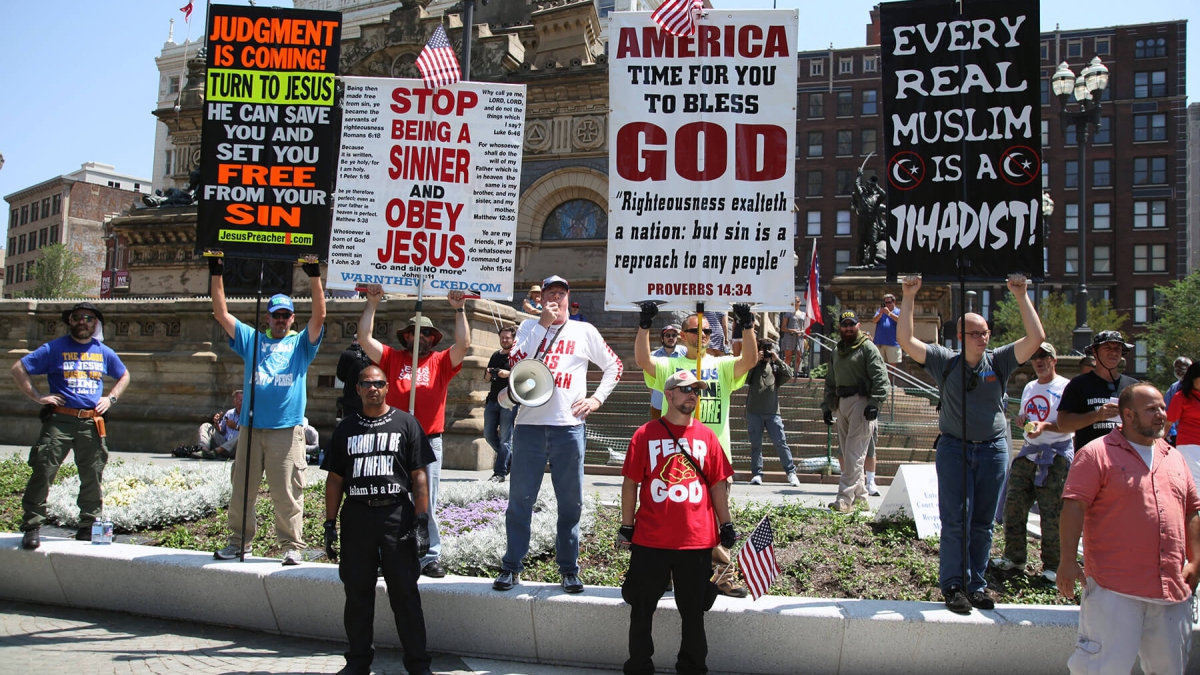
There are many forms of anti-Muslim activity in the world today. Some of them are political, and relate to political terrorism and foreign policies, both economic and political.
Other forms of anti-Muslim activity are semi-religious; involving attacks on the Qur'an's teachings, and the evils and dangers of Shari'ah law.
And some are completely religious. They use polemical arguments from the books of 18th and 19th century Christian Missionaries, who claim that Muhammad made lots of mistakes in the Qur'an when he refers to events that occur in the Bible.
This they claim, proves that Muhammad was a false prophet, and therefore Islam is a false religion.
In reality, their writings are simply evidence of a truth, declared in the Merchant of Venice [1. 3i. 93] by William Shakespeare, who wrote, "The devil can cite Scripture for his purpose; an evil soul producing holy witness"
In reality, the Hebrew Bible, the New Testament, and the Qur'an; all have verses that seem to be in conflict with other verses in the same Holy Scripture.
The task of commentators, religious scholars and theologians is to explain under which conditions and circumstances the opposing verses apply.
People who are well educated in there own religion know this to be true, and they know that these religious scholars often disagree with each other.
Some of these religious scholars lived in harsh and violent times and their explanations are harsh and extreme.
Those who are pious, but poorly educated in the various aspects of their own religion, do not realize that there are always other perspectives on how and when these contending and opposing verses should be applied.
These pious, but poorly educated people, simply believe in their teacher of Holy Scripture, rather than believing in the One who inspired the Holy Scripture.
For example, according to one anti-Muslim polemicist (In the Name of Allah.org). the Bible clearly describes TEN miraculous plagues in Exodus 7.14 to 12.36; and the Qur'an wrongly says there were NINE.
He also adds that, in the Qur'an, the order of the plagues, and even what the plagues were, differs from what is described in the Book of Exodus in the Torah.
But this polemicist does not mention that the Torah never specifically refers to them as TEN plagues.
The Torah lists these events as preceding the many times when Moses and Aaron went to Pharaoh to demand freedom for the Children of Israel to leave Egypt, and return to their homeland.
There probably were other disasters that befell Egypt during these years; when Moses and Aaron were not sent to confront Pharaoh yet again.
Also, this anti-Muslim polemicist avoids mentioning (or doesn't know) that Psalm 105:23-36 lists NINE miracle plagues.
And these NINE plagues are not listed in the same order as in Exodus.
Should we then believe that King David, the author of Psalms, did not know the number or order of the plagues?
Or is it not wiser and more honest to start with the premiss that both Moses and Muhammad were inspired by the One and only God; to deliver God's message of guidance for living a holy life to different people, at different times, who were living in different circumstances.
So, when there are differences between the Bible and the Qur'an; they are not contradictions but rather differences in emphasis due to the different historical needs of each religious community.
For those who want to understand the details, let us examine them.
The Quran does twice refer to NINE signs: "To Moses We did give NINE Clear Signs: ask the Children of Israel: when he came to them, Pharaoh said to him: "O Moses! I consider you to have been worked upon by sorcery!" (17:101) and
"Now put thy hand into thy bosom and it will come forth white without stain: (one) among the NINE SIGNS (you take) to Pharaoh and his people: for they are a people rebellious in transgression. (27:12)
Why does the Torah call them plagues while the Qur'an calls them signs?
First of all, the Torah does not call all of them, or even most of them plagues. The Torah refers to them as 'wonders' (Exodus 3:20); as 'plagues' (9:14 "one more plague 11:1); and most often as 'signs' (first sign 4:8, these two signs 4:9, signs 4:30, 'my signs' 7:3, 10:1-2).
However, the Torah mostly just describes the events that happened, and Pharaoh's stubborn refusal to let the Children of Israel go free.
Most of these events, like the locusts, had happened before and would happen again. If the Egyptians felt they were, as Moses claimed, punishments from God for enslaving the Jewish people, it is because they felt guilty about Pharaoh's oppressive policy.
The Qur'an's referral to these events as signs is closer to what the Torah actually says, than the popular idea that Egypt was struck by exactly ten events that were called plagues.
The plagues as listed in the Torah are: (1) Waters turn to Blood (2) Frogs (3) Lice (4) Swarms of Wild Beasts (5) Livestock Epidemic (6) Boils (7) Hail (8) Locusts (9) Darkness (10) Death of the First Born.
The reason the Qur'an refers to Nine Signs according to one Muslim commentator, is to teach us that the death of all the first born in Egypt (Exodus 11:5) occurred after the Jews had already left Egypt, and were on there way to return to the Land of Israel.
Thus, the tenth plague was limited to Pharaoh and all those charioteers who pursued the escaping Jews, and drowned in the Sea of Reeds. (Exodus 15:28)
I must say that as a Reform Rabbi I respect this insight into the difference between the Torah and the Qur'an very much.
Although the Qur'an does state the responsibility of "Pharaoh and his people: for they are a people rebellious in transgression." (27:12), most Reform Jews are bothered by the "death of the first born" because it seems to also include children who were not responsible for supporting Pharaoh's oppression of the Children of Israel.
This interpretation limits Egyptian deaths to Pharaoh, his eldest son, and those of his first born charioteers who pursued the escaping Jews, and drowned in the Sea of Reeds.
If it seems strange to you that a Rabbi, who is a faithful believer in Reform Judaism, might respect an Islamic insight into an aspect of Torah, I should explain how this came about.
I am a Reform Rabbi who has had an appreciation for Islam since the age of ten, when I learned in my synagogue's Hebrew school about the Golden Age of Medieval Judaism in Muslim Spain.
A decade later I studied Islam when I was a student at UCLA almost 55 years ago, and then I studied Islam again while I was in Rabbinical school while studying Medieval Jewish Philosophy.
Over the years as I continued to read the Qur'an, Ahadith and other Islamic books, I came to think of myself as both a Reform Rabbi and a Muslim Jew.
I am a Muslim Jew because I am faithful to my commitment to submit to the One God who liberated the Jewish People from oppression in the land of Egypt, and made a covenant with the People of Israel through Prophet Musa.
I am a Reform Jew because I belong to the People of Israel, and I am loyal to the teachings of the Torah, the Jewish community and its traditions liberally interpreted.
In many ways I think of Muhammed as a prophet of Reform Judaism as well as the great prophet of Islam. In the generation of Muhammad, almost all Jews were Orthodox Jews.
Today in North America, Orthodox Jews are a small minority of all Jews, and Reform Jews are the largest denomination, although in Israel the Orthodox minority is much stronger and Reform Jews are a smaller minority.
Reform Judaism began over 200 years ago. If Orthodox Rabbis had followed some of the teachings of Muhammad during his lifetime, Reform Judaism would have started almost 14 centuries ago. This is why I think of Muhammed as a prophet of Reform Judaism. In England Reform Judaism is called Liberal Judaism.
When I read Islamic books, I do so as the Prophet taught his followers to do in a Hadith "not as a believer, and not as a disbeliever". What does that mean?
The Qur'an, of course, is sacred scripture for Muslims. A disciple of Muhammad named Abu Huraira relates, "The people of the Book used to read the Torah in Hebrew and then explain it in Arabic to the Muslims. Allah's Apostle said (to the Muslims). 'Do not believe the people of the Book, nor disbelieve them, but say, We believe in Allah, and whatever is revealed to us, and whatever is revealed to you.' "
Following Muhammad's teaching, I too neither believe nor disbelieve in the Qur'an. If I believed in the Qur'an I would be a member of the Muslim Ummah (community).
And I cannot disbelieve in the Qur'an because I believe that Muhammad is a prophet; and I respect the Qur'an as a kindred revelation, first given to a kindred people, in a kindred language. In fact, the Arab people, the Arab language and Muslim theology are closer to my own people, language and theology than that of any other religious community on earth.
Thus, I believe that Jews and Muslims can learn from each other and become even more understanding of our own religious traditions.
*****
Rabbi Allen S. Maller retired after serving for 39 years as Rabbi of Temple Akiba in Culver City, California. His web site is rabbimaller.com.






